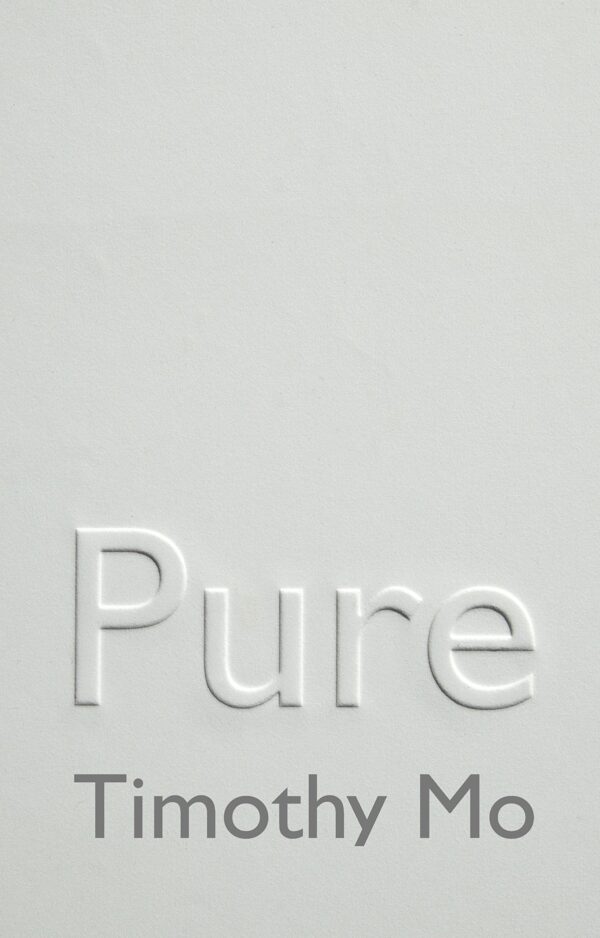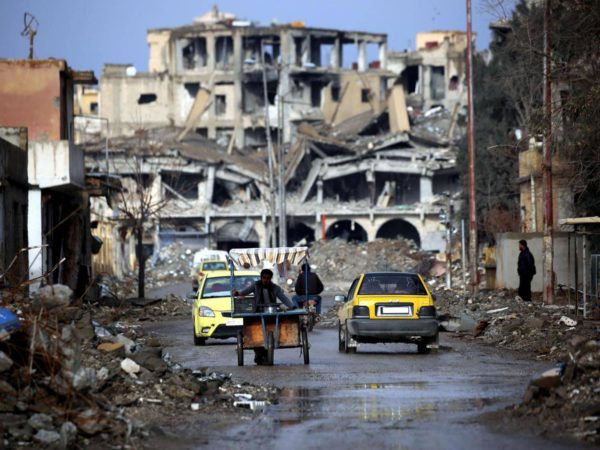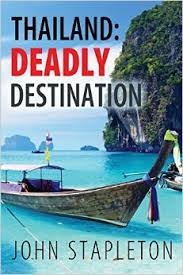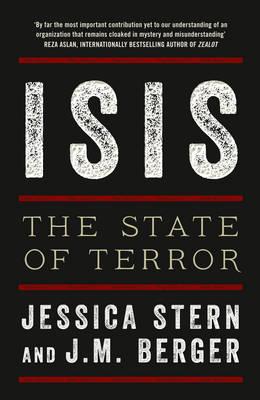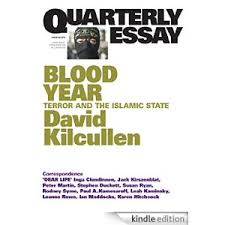Tag terror
Timothy Mo, who as the son of wealthy Hong Kong Chinese attended Oxford, is a superbly gifted writer but a difficult man who has long fought with his publishers. Once a favourite of the English literary set, he fell out of favour. In later life he has produced a masterwork, Pure. Mo had always wondered why a dynamic art form such as fiction had failed to confront the single most pressing issue of the age, the minds and motivations of Muslim fundamentalists. With a tide of jihad sweeping the world, the question became ever more pressing. In Pure Timothy Mo uses the device of character. He pits an ice addicted yaba addled Bangkok lady boy, a freelance entertainment journalist called Snooky, “Snooky was lonely because she was smart”, into the world of mujaheddin training camps in southern Thailand. Co-opted as a spy, there she grows a beard, participates in forays into the world of jihad in Indonesia, and reports to her minder, caught between the hidden, complex worlds of intelligence operatives and Muslim jihadists. Thanks to fights with his publishers, this book has never received the attention it deserves. Simply put: Pure is a must read, a neglected masterpiece.
Some 150,000 people have returned to Raqqa, though they are not very visible on the streets. A few shops have reopened but there not many customers and business is slow. Beside an ancient ruin called “The Ladies’ Castle”, Basil Amar as-Sawas has a shop selling doors, some of which he makes himself, while others he buys from people whose houses have been badly damaged but they have been able to salvage some of the fittings.He says there is little money around and those who have any are reluctant to spend it while the situation remains so uncertain. Some people whose houses have survived “are selling them to businessmen because they need the money”. He has two small children below school age but for other people the absence of schools – mostly destroyed or badly damaged – is another disincentive for thinking of a return to Raqqa.
Reminders of the grim rule of Isis are everywhere. The tops of the pointed metal railing surrounding the al-Naeem Roundabout are bent outwards because that is where severed heads were put on display.
Visitors to Thailand are not warned by travel agents, airlines or their own governments that their passports are highly prized in Thailand, and stand a very good chance of being stolen. Depending on the nationality, a passport can fetch thousands of dollars on the black market, several months pay for many Thais. There are gangs stealing passports to order. European, American, Australian and Canadian passports are particularly prized. Foreign embassies, fearful the documents are ending up in the hands of Islamist militants and international criminal networks, have made repeated representations to the Thai government without affect. INTERPOL Chief, Secretary General Ronald Noble describes passport fraud as the “biggest threat facing the world”. But for decades the Thai authorities have done little to stop their country’s blatant trade in stolen, doctored and forged documents. By inaction and complicity, Thailand has become an epicentre for the trade, a key link in international terrorist networks and a danger to the travelling public worldwide. Forged passports from Thailand are regarded as the highest quality of any in the world. Clients from the Middle East are one of the major buyers of fake passports in Thailand. In The Age of Terror, the failure of the Thai authorities to abolish the trade has set alarm bells ringing around the world. Here in its entirety is Chapter Two, called Passports, from the recent book Thailand: Deadly Destination.
Acclaimed as a major contribution to the world’s understanding of Islamic State, ISIS: The State of Terror by jihad experts Jessica Stern and J.M. Berger, delves into the ghoulish pornography of pro-jihadi videos and the seductive appeal of jihadi chic.
Last year was a “blood year” in the Middle East – massacres and beheadings, fallen cities, collapsed and collapsing states, the unravelling of a decade of Western strategy. We saw the rise of ISIS, the splintering of government in Iraq, and foreign fighters – many from Europe, Australia and Africa – flowing into Syria at a rate ten times that during the height of the Iraq War. What went wrong?
